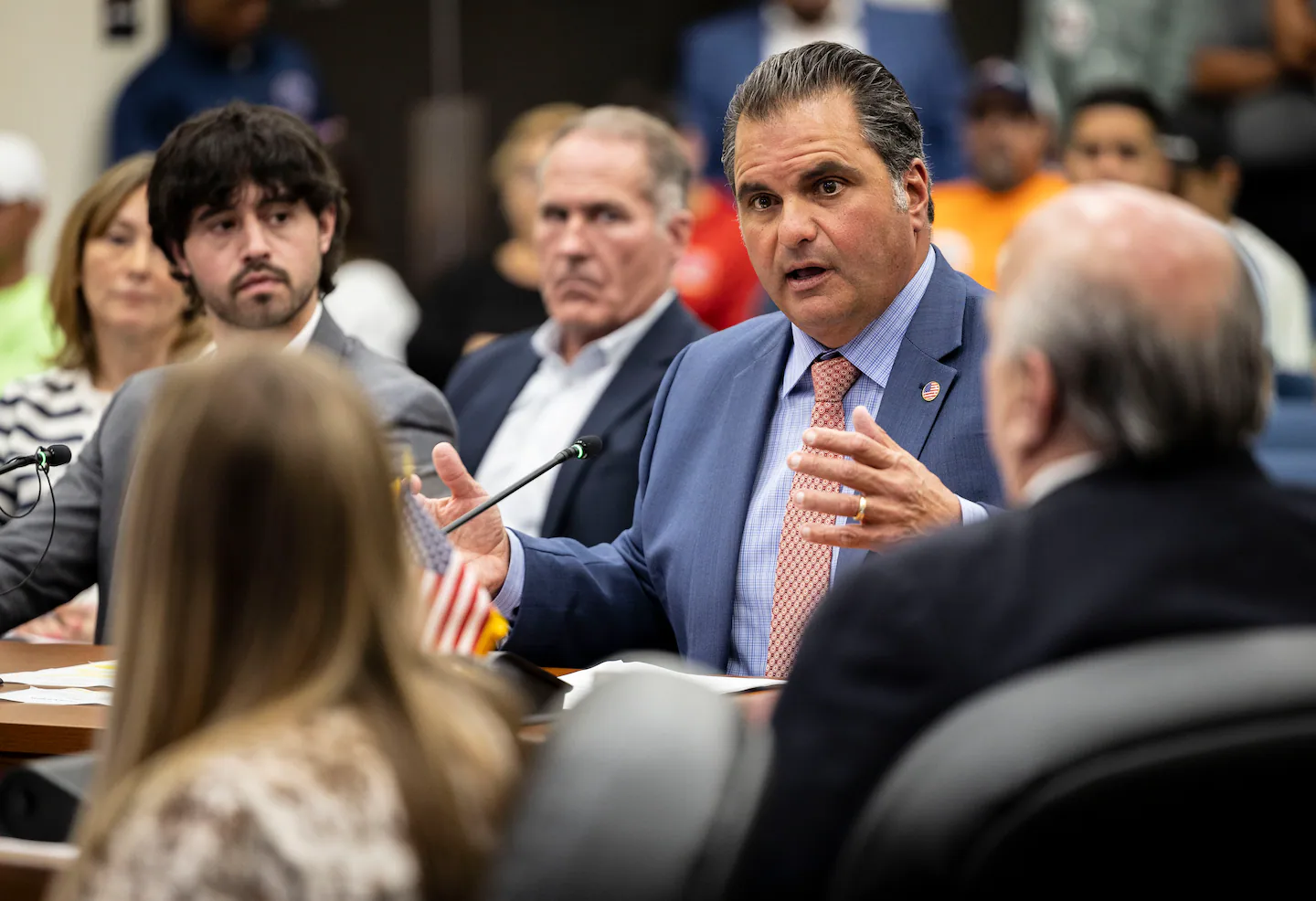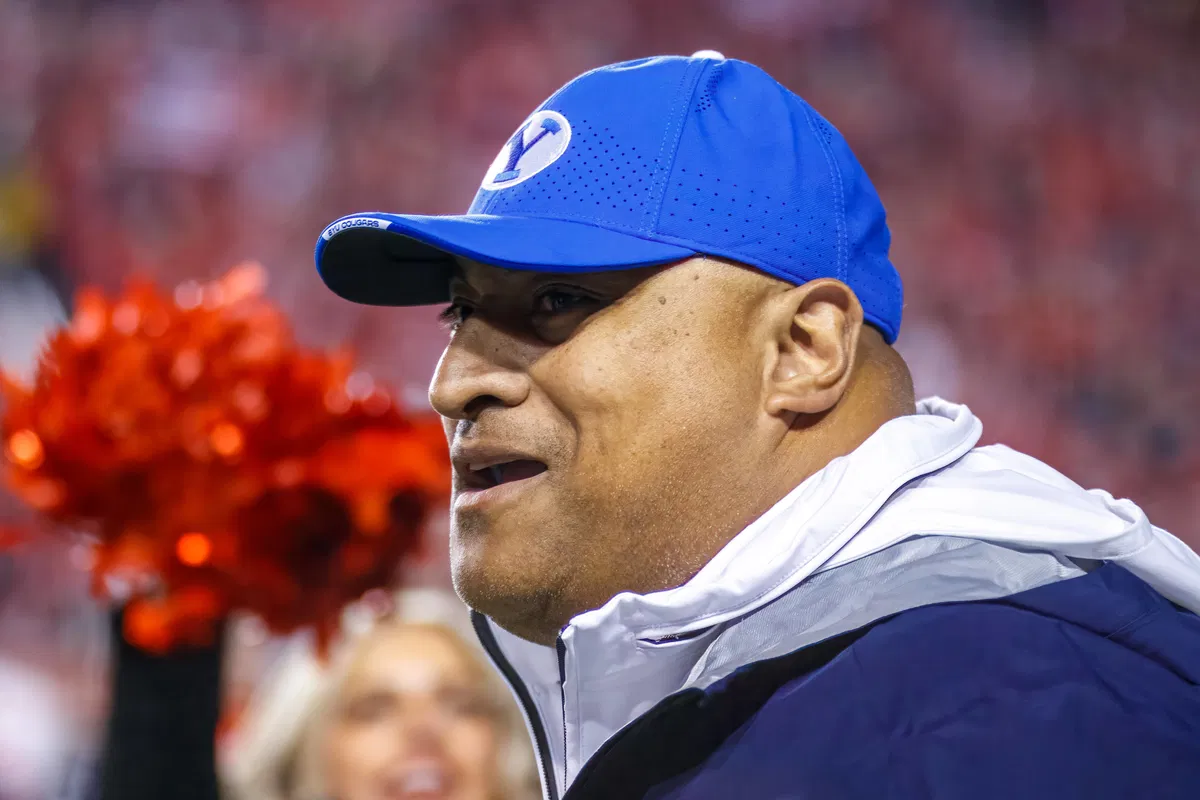Copyright The Boston Globe

“The catalyst was an incredible people-power, grass-roots campaign for change,” Van Campen said in an interview. “We talked about a community that was hungry for change, and they really were ready for change, to usher in and write a new chapter after 18 years.” According to interviews with city officials, immigrant advocates, and youth activists, that change has been driven by groups that had long felt overlooked by an increasingly insular government in their city of 51,000 residents on the Mystic River. Efforts to reach DeMaria for comment were not successful. Everett is diverse, with white residents making up 38 percent of its residents, Hispanics comprising 31 percent, and Blacks at 12 percent, according to demographic data. Overall, 45.5 percent of city residents are foreign-born. The election marked a sea change in Everett, where DeMaria has dominated city politics and development for years and managed to bounce back repeatedly from scandals that had the potential to be career-ending. He championed the siting of Greater Boston’s first casino in his city, then was tied to a felon whose early investment in the property nearly sank the project’s chances with gambling regulators. He was accused of sexual harassment by four women — charges he denied — and sued a local newspaper that accused him of extorting money from the city clerk. Even when he won election for the sixth time in 2021, his victory speech was tinged with bitterness, threatening retribution against those who had tried to “sandbag” his campaign. “Let me tell you, I raised a lot of money, and I’m going to go after a lot of people,” DeMaria said on election night four years ago. Instead, DeMaria became a target of mounting frustration, critics said. “The residents started to realize that the administration no longer had everyone’s interest in mind,” said City Council President Stephanie Martins, who once supported DeMaria but led the council’s pushback against him. “The diverse vote really played a role, and the mayor did campaign to them. But the people knew better because of what they had been experiencing for the past 18 years.” The Rev. Myrlande DesRosiers, director of the Everett Haitian Community Center, said she was not surprised by the result. “We know some things about dividing the haves and the have-nots,” DesRosiers said. “The result actually shows the voice of the people.” In an interview with WCVB-TV on election night, DeMaria cited voter turnout of 30 percent as a big reason for his defeat, even though a similar number of voters cast ballots in his 2021 victory. “Low turnout, of course, but you know, it is what it is,” DeMaria said. “I’m looking forward to spending a lot of time with my wife and my kids and my dogs.” In one example of immigrant disconnect from the mayor’s office, DesRosiers said, DeMaria did not appear at a recent candidates forum sponsored by the Haitian Community Center. Van Campen attended, she said, which helped make DeMaria’s absence more significant. For a city with a strong-mayor form of government, where DeMaria wielded authority over hiring, firing, and spending decisions, access to power and perks is often personal, according to the mayor’s critics. They cited an ongoing culture of fear and intimidation within City Hall. “It’s been a self-serving culture, but now it’s about time to open our eyes to all of the other people’s needs,” not just the connected and powerful, Martins said. “It’s having people finally speaking up without fear. You always had to worship the holy name.” Brandon Ho, a 22-year-old graduate of Everett High School, voted for Van Campen and reached out to friends, high school alumni, and family during the campaign. “It was time to put the people of Everett first to hear them out and fix the city’s problems instead of prioritizing the next big development project,” said Ho, a senior at the University of Massachusetts Lowell. A passionate cheerleader for his city, DeMaria has a mayoral resume that includes the construction of the soaring Encore Boston Harbor casino, which opened in 2019, and rapid redevelopment. He also has been working to bring a soccer stadium to the city for the New England Revolution. And his city website touts a capital-improvement program that has invested millions of dollars in street and sidewalk repairs, water main replacements, and the renovation of major recreational areas. A person familiar with the campaign, who asked not to be named because of his proximity to the candidates, said DeMaria’s accomplishments are routinely overlooked because of the “1,000-pound elephant” that the longevity-pay controversy became. The mayor has argued that the pay was based on how other city employees received similar bonuses, but the controversy became an albatross that DeMaria apparently could not shed or explain away. He mailed a letter to Everett voters late in the campaign that said the issue was part of a long-running political witch hunt against him. DeMaria also is seeking a court ruling to support his interpretation of a city ordinance that he was entitled to the pay. In December, the mayor announced he had received a $1.1 million settlement in a defamation lawsuit against a local newspaper, whose publisher acknowledged fabricating quotes and working with political rivals to undermine DeMaria. Still, troubles persisted for the mayor. After the inspector general’s report, the City Council passed a resolution demanding DeMaria pay the money back. When he refused, they unanimously passed a vote of no-confidence. Later, an auditor hired by the council identified other questionable spending, including a lump-sum payment of nearly $32,000 in 2023, ostensibly for retroactive cost-of-living increases. The auditor also said DeMaria had been given two $30,000 bonus checks for the same year in an apparent duplication. In another bitter dispute, the mayor and Everett City Clerk Sergio Cornelio traded allegations in Middlesex Superior Court over a joint real-estate venture in Everett that went sour. Cornelio said the mayor demanded nearly $100,000 from him for the sale of a redevelopment property in which the mayor had not invested. DeMaria argued that he deserved the money for the value he added to the project, and he accused Cornelio of defamation. Cornelio later sued DeMaria for lost wages, saying that as a result of the dispute, he was denied more than $100,000 in unused vacation benefits and stipends he deserved as a city employee. For former School Committee member Samantha Lambert, her one-time support for DeMaria eroded over time. “Something shifted” in DeMaria, Lambert said. “I think, 2019, when that casino opened, maybe a little before that. ... It was more about power than it was about service.” On Tuesday, DeMaria lost despite outspending Van Campen more than ninefold, $682,593 to Van Campen’s $74,207, campaign finance records show. That’s because DeMaria’s campaign was able to absorb nearly $600,000 from his settlement in the defamation lawsuit, according to the records. His campaign still had $200,000 on hand in the final days before the election. DeMaria advertised widely and listed 13 paid consultants on his campaign. Van Campen, by contrast, advertised mostly on Facebook and listed just one paid campaign consultant. Campaign finance records also show DeMaria’s campaign spent heavily on lawyers who guided him through various legal disputes. Those disputes included payments of $152,447 to a lawyer who negotiated his use of the defamation settlement with the state Office of Campaign and Political Finance; more than $10,000 on a lawyer who represented him after the inspector general’s report; and $10,000 on another lawyer who filed DeMaria’s complaint against the inspector general over the findings. DeMaria is expected to serve as mayor for nearly two more months. Van Campen is scheduled to be sworn in on Jan. 2. Van Campen, a lawyer who specializes in labor and municipal law, said his administration will tackle school overcrowding, work for responsible development, and seek to rebuild trust and accountability at City Hall. Martins, the council president, said she now is more hopeful about Everett’s future. The voters, she said, “turned out against corruption. It’s been a long, long journey. We won in Everett for everyone.”



